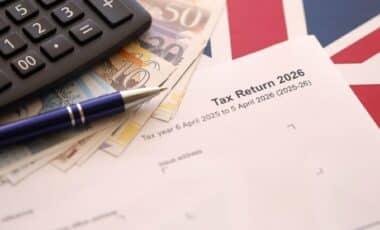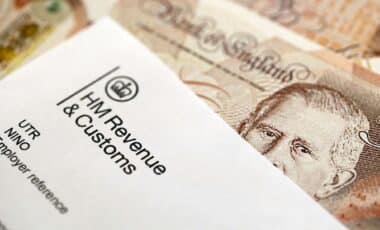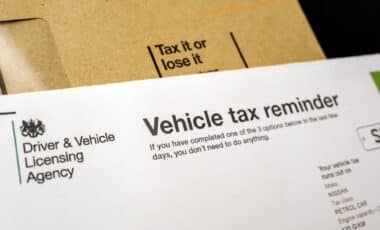More than seven million people in the UK will now be subject to the higher rate of income tax, which stands at 40%. This marks a significant jump in the number of taxpayers in this bracket, rising by nearly two-fifths from the previous year.
According to HM Revenue and Customs (HMRC), this increase highlights the growing burden of taxation on the average British worker. The government’s policy of freezing income tax thresholds has contributed to this sharp rise, with more people being pushed into higher tax bands without any corresponding increase in their earnings.
This shift is raising concerns about the wider financial impact on households, particularly at a time when inflation and living costs are already stretching budgets thin.
More People Moving into Higher Tax Bands
In the 2025/26 financial year, it is projected that 7.08 million people will fall into the higher tax rate category, up from 5.10 million in the previous tax year.
Sarah Coles, Head of Personal Finance at Hargreaves Lansdown, attributes this rise to “fiscal drag,” a phenomenon where tax thresholds remain frozen while inflation pushes more people into higher earnings bands.
This freeze on thresholds, set to last until 2028, is creating a situation where an increasing number of people find themselves paying a higher proportion of their income in tax.
The freeze is particularly affecting those whose wages are not increasing in line with the rising cost of living. As wages and pensions continue to rise, more workers—especially pensioners—are being drawn into the higher rate of tax, even if their income gains are only marginal.
Laura Suter, Director of Personal Finance at AJ Bell, notes that this demographic shift is transforming the higher rate tax bracket, once reserved for higher earners, into a common threshold that now affects nearly 18% of all taxpayers.
Impact on Taxpayers and the Government’s Fiscal Approach
The UK Treasury has defended the policy, stating that it inherited the frozen tax thresholds from the previous government. Despite calls for a review, a spokesperson confirmed that the government would not extend the freeze beyond its current term, and it will continue to focus on protecting household incomes.
According to the spokesperson, the decision not to increase basic, higher, or additional income tax rates is aimed at providing financial relief to working individuals.
Nevertheless, the ongoing freeze is expected to generate significant additional tax revenue, with the total income tax haul in 2025/26 predicted to be an additional £89 billion compared to the 2021/22 financial year. While this extra revenue helps to address budgetary shortfalls, it also risks straining the finances of millions of taxpayers, many of whom are already struggling to manage higher living costs.









